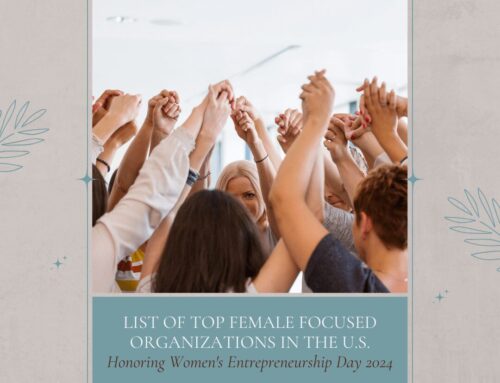
December 20, 2022 is International Games Day!
It is not only possible, but proven that a strong company culture and supportive relationships between colleagues can exist in virtual and hybrid workplaces.
The truth is that companies used to invest in relationship building, and they’ve largely stopped investing.
All the while, Gallup research continues to demonstrate that companies investing money in both facilitated and indirect ways for employees to build friendships are more profitable, safe, and have lower turnover.
 “Companies are trying to do virtual relationship building, but HR has largely just merged employee appreciation events, like a craft night on Zoom, with employee engagement events,” said Kathleen Burnett, founder of Anywhere League, a six-week virtual trivia tournament where corporate teams play against other companies.
“Companies are trying to do virtual relationship building, but HR has largely just merged employee appreciation events, like a craft night on Zoom, with employee engagement events,” said Kathleen Burnett, founder of Anywhere League, a six-week virtual trivia tournament where corporate teams play against other companies.
There is a big difference between employee appreciation – which is an activity or gift offered to someone – and employee engagement – which is an optional, structured way for people to hang out, no pressure, and get to know each other – building friendships and empathy for their colleagues.
“People do need gifts and awards, but they also need to have formal and informal places to hang out and have fun together in order to build trust,” said Kathleen, “The fundamental challenge of virtual events is that an open forum doesn’t work. It’s awkward. You need something to do together with a shared goal. That’s where games can play a powerful role.”
Many companies, including Microsoft, are seeing that employees that play games together do trust each other more and have more empathy for their colleagues when they have time to develop friendships parallel to their work.
“Games can be a leveling influence.They offer us opportunities to outsmart the smartest people in the room, deliver a sweet dose of humility to our highest performers, and can highlight the amazing and diverse skills, abilities, and personalities in a safe and fun way,” said Holly Harper, founder of Anagram Consulting.
Holly, an expert in employee engagement and training, works with law and other professional services firms using games, challenges, and puzzles to help people learn and change behaviors.
“Clients approach me to teach or onboard something ‘new,’ and ‘new’ information and change is often resisted. So, whether creating Family Feud-style games to teach employees about intergenerational differences in the workplace (i.e. what is up with these Millennials!) or figuring out a competition to get lawyers to use LinkedIn, I use positive reinforcement and humor,” said Holly. “Learning and playing together builds empathy and trust, so why not make change management fun on purpose?”
Games also serve as natural icebreakers.
 “I am a big proponent of games in the early stages of getting to know someone,” said Emma Mankey Hidem, founder of The Game Show of Love. “When you can focus on an activity together, it takes the pressure off to have a deep conversation with a person you’ve only just met.”
“I am a big proponent of games in the early stages of getting to know someone,” said Emma Mankey Hidem, founder of The Game Show of Love. “When you can focus on an activity together, it takes the pressure off to have a deep conversation with a person you’ve only just met.”
While The Game Show of Love is a modern take on the old dating games, Emma also sees the connection between games and building trust.
“When we play games together, we can be fun and let our personalities show. Do you want to know if a new hire can handle losing? Do you want to know if your boss is a gracious winner? Are you trying to suss out who might be the most competitive to lead a new sales team? Get them to play a game and see how things go,” said Emma.
The Game Show of Love might not be the best fit for your company, but it demonstrates the power of game playing in order to build trust and increase empathy. And it’s just plain fun to watch (or if you’re single, you can sign up!).
“One of my customers said, ‘My best friends at this company are the ones I play Anywhere League with,’” said Kathleen.
Best friends at work, who have fun together, who trust one another, and who can find levity and comfort in the face of challenges? Time to forward this email to HR and start investing in employee engagement events in 2023, making a smart investment in your firm’s culture.
For more information about these Hera Hub businesses, visit their websites at:
- Anywhere League – www.anywhere-league.com
- Anagram Consulting – www.anagram-consulting.com
- The Game Show of Love – www.gameshowoflove.com
 Holly Harper is principal of Anagram Consulting. Anagram delivers training, workshops, and change management consulting to ensure teams survive transitions, perform more efficiently and build trust so that our clients protect their brand culture, reduce turnover, and reach their potential.
Holly Harper is principal of Anagram Consulting. Anagram delivers training, workshops, and change management consulting to ensure teams survive transitions, perform more efficiently and build trust so that our clients protect their brand culture, reduce turnover, and reach their potential.





